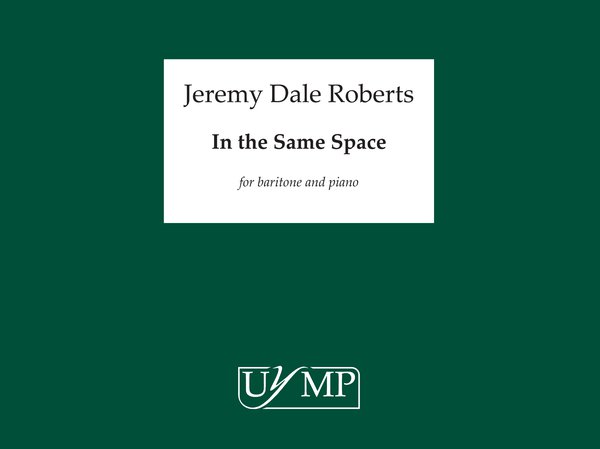First broadcast by Stephen Varcoe and John Constable.
I first came across the poetry of Cavafy as a very young man, browsing through the shelves of Rustem's dingy bookshop in Metaxas Square in Nicosia. I was electrified by its beauty, candour and sensuality; and although it never occurred to me for a moment to set those lines to music - I would not have been competent - Cavafy 'hung around' in the lumber-room of my imagination for the next twenty years or so - waiting.
Having not written for the voice for a long time, I was casting around for a suitable text. I was looking for something personal, authentic: 'taken from life'. Not lyrical, but prosaic, low-key. I looked at diaries, letters - for instance, Ivor Gurney's wonderful letters and scraps from the Front in the Great War. All at once I realized that Cavafy's poems were exactly what I required: a kind of veracity - where the 'song' is in the head, and the music of everyday speech (demotic) is given value. Also - in my mid-forties - I was at last 'in synch' with Cavafy, looking back at his youth from a rather sad middle-age.
The work is about memory - also about timelessness - also intoxication: a half-life. Most of the poems I chose are brief - actually all facets of the same poem - and form an intermittently broken chain: a true cycle, in so far as the songs are bound together thematically, and the conclusion takes us back to the beginning. Memory is most obviously expressed in the form: in the repetition or 'recollection' of musical ideas, usually of a harmonic or textural nature. Indeed, the whole work is impregnated with a consistent harmonic tonality, or 'aroma': it is inescapable, obsessive - that is the point.
Memory is also resonance, vibration - for which the piano, with its three pedals, is the ideal medium. Often the texture is saturated with pedal: only the action of the words, often rapidly delivered as in speech, and the occasional injection of irony galvanizes the prevailing sense of reverie.


